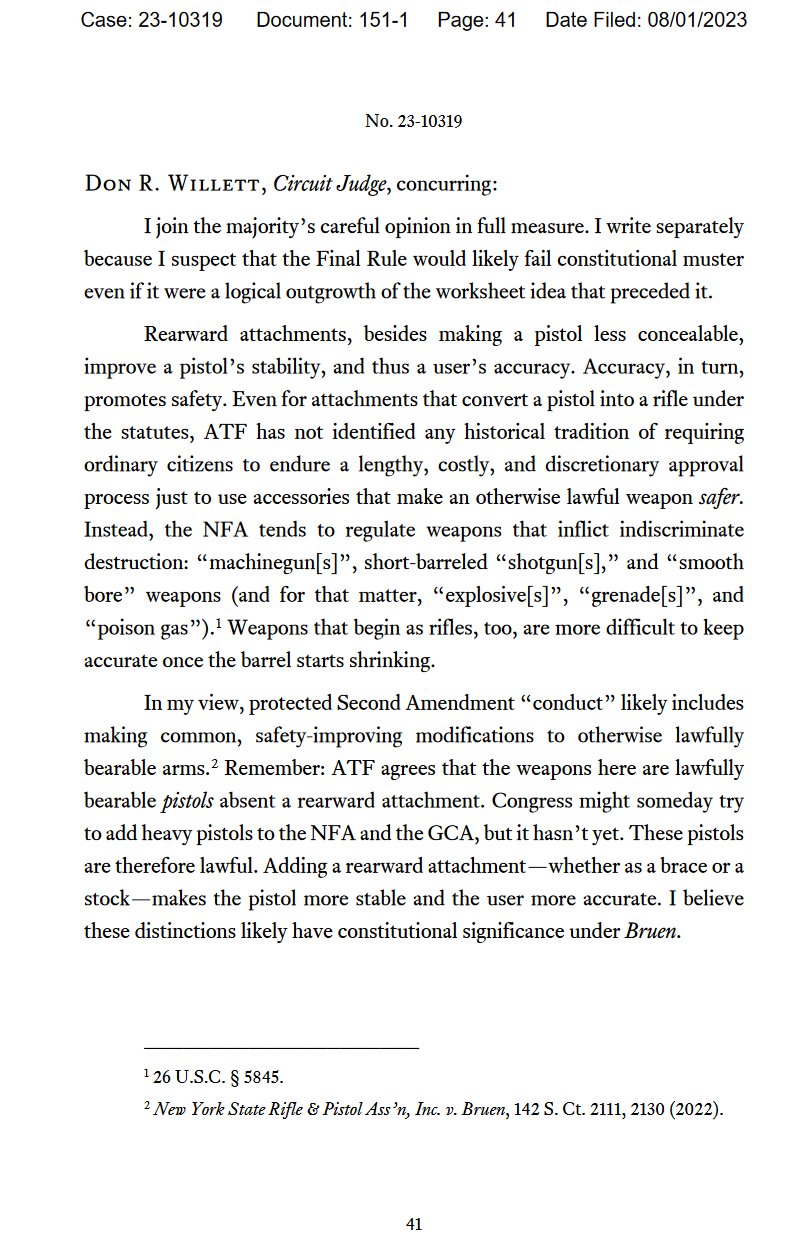So a guy pushing the Trump Russian collusion story was actually colluding with the Russians. You literally can’t make this up.
Former F.B.I. Spy Hunter Pleads Guilty to Aiding Russian Oligarch
The plea by the former agent, Charles F. McGonigal, represented a remarkable turn for a man who once occupied one of the most sensitive and trusted positions in the American intelligence community, placing him among the highest-ranking F.B.I. officials ever to be convicted of a crime.
Appearing before Judge Jennifer H. Rearden of Federal District Court on Tuesday, an emotional Mr. McGonigal stood up and said that he had broken the law after his retirement in 2018 from the bureau, where he had been an expert in Russian counterintelligence, by aiding an effort by Oleg V. Deripaska, a Russian billionaire under U.S. sanctions, to investigate a rival.
“I have understood what my actions have resulted in, and I’m deeply remorseful,” Mr. McGonigal said, his voice breaking. “My actions were never intended to hurt the United States, the F.B.I. and my family and friends.”
The conspiracy charge he pleaded guilty to was newly filed by prosecutors on Tuesday, replacing the original indictment handed up by a grand jury in January that had included more serious charges of violating U.S. sanctions and laundering money. Under the plea deal, the maximum prison term Mr. McGonigal could serve is five years, instead of the sentence of up to 20 years he might otherwise have faced.
In court, Mr. McGonigal, 55, told the judge that he had known he could not legally perform services for Mr. Deripaska, who was placed on a U.S. sanctions list in 2018. He said he had understood that his work in the second half of 2021 to collect “open source” negative information on Vladimir Potanin, an oligarch who was a business competitor of Mr. Deripaska, was likely to be used in an effort to get Mr. Potanin placed on the sanctions list as well.
He admitted knowingly arranging for payments to be routed from a Russian bank through a company in Cyprus, and then to a corporation in New Jersey, to conceal that the source of the money was Mr. Deripaska.
Judge Rearden scheduled Mr. McGonigal’s sentencing for Dec. 4.
In the initial charging document, prosecutors from the U.S. attorney’s office for the Southern District of New York said that Mr. McGonigal and an associate had received payments totaling more than $200,000 for their work investigating Mr. Potanin under a contract with an aide to Mr. Deripaska. They also hired subcontractors for the investigation, the indictment said.
But on Tuesday, Mr. McGonigal told the judge that in the end he had netted only $17,500, and he agreed to forfeit that amount.
The plea brings the prosecution of Mr. McGonigal in New York to a relatively speedy conclusion after fewer than seven months. He had been arrested by F.B.I. agents in January at John F. Kennedy Airport upon his return from an overseas business trip.
Mr. McGonigal still faces a second indictment brought by federal prosecutors in Washington on charges that accuse him of concealing his acceptance of $225,000 from a businessman and of hiding dealings in Eastern Europe while working for the bureau. Mr. McGonigal has pleaded not guilty to those charges but is in talks to resolve them; his lawyer, Seth D. DuCharme, told the judge overseeing the Washington case that he expected to provide an update on the talks after Labor Day.
Although Mr. McGonigal was privy to highly classified information, a three-year investigation found no evidence that he had passed secrets to foreign adversaries, according to people with knowledge of the case who spoke on condition of anonymity to discuss the ongoing matter. The F.B.I. concluded that Mr. McGonigal’s misconduct was limited to corruption, the people said.
Mr. Deripaska, who has been called “Putin’s oligarch” because of his close relationship with the Russian president, Vladimir V. Putin, is among the best known of the businessmen who became rich as Russian state resources were doled out to friends of the Kremlin after the fall of the Soviet Union. Mr. Deripaska and others were also accused last year by federal prosecutors in New York of violating U.S. sanctions through real-estate deals and other actions, including trying to arrange for the oligarch’s girlfriend to give birth to their two children in the United States. Mr. Deripaska, a Russian citizen, is unlikely to be extradited to face the charges in the near future.
The prosecutors in Mr. McGonigal’s New York case have said that before the U.S. government expanded sanctions in 2018, following Russia’s interference in the 2016 American presidential election, Mr. McGonigal had reviewed a preliminary sanctions list with Mr. Deripaska’s name on it. Around the same time, they suggested, Mr. McGonigal was seeking a connection with Mr. Deripaska by arranging a New York Police Department internship for the daughter of one of the oligarch’s aides. (A senior police official has said it was actually a “V.I.P.-type tour.”)
After Mr. McGonigal retired, he and his co-defendant in the New York case, a court interpreter and former Russian diplomat named Sergey Shestakov, referred the same Deripaska aide to a law firm for help getting sanctions removed, according to the original charges in New York.
While negotiating the law firm agreement, Mr. McGonigal met with Mr. Deripaska in Vienna and London, referring to him in electronic communications as “the Vienna client,” prosecutors have said. Mr. Deripaska paid the law firm $175,000 a month; the firm passed $25,000 on to Mr. McGonigal as a consultant and investigator, the prosecutors said.
Mr. Shestakov has pleaded not guilty to violating U.S. sanctions, money laundering, conspiracy and making false statements to the F.B.I. His lawyer, Rita M. Glavin, did not respond to a request for comment.
The deal to investigate Mr. Potanin was made with an aide to Mr. Deripaska in the spring of 2021, prosecutors said.
In November of that year, Mr. McGonigal and Mr. Shestakov were trying to obtain “dark web” files, purportedly about $500 million in hidden assets held by Mr. Potanin, in exchange for a payment of up to $3 million, Rebecca Talia Dell, an assistant U.S. attorney, said in court Tuesday. Before that transaction could be completed, F.B.I. agents seized Mr. McGonigal and Mr. Shestakov’s electronic devices, bringing their work for Mr. Deripaska to an end, prosecutors have said.



